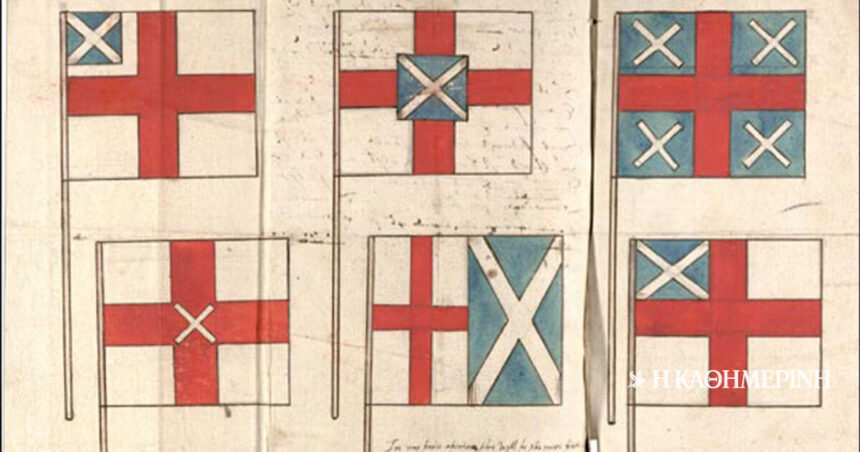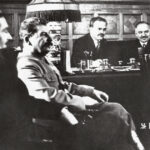In 1603, James FII Scotland He rose to the English throne as Jacob I, succeeding Elizabeth I. In this way, the kingdoms of Scotland and her England They were united under a monarch, in a personal-dynamic union known as the Union of the Surpros. Although the two countries remained separate, with their own laws and parliaments, Jacob’s rise to the throne was an important step towards his future union. Great Britain.
Jacob was the son of Maria, Queen of Skota, and Henry Stewart, Lord Darnley. He went up to the Scottish throne in 1567, at the age of just one year, after his mother’s forced resignation. As a descendant of the dynasty of Tudor through his grandmother, Margarita Tudor (sister of Henry VI), had a strong hereditary right to the English throne. His succession became smoothly, as Elizabeth I died without offspring and the English nobles recognized him as the legal successor.
Jacob tried to impose the title “King of Great Britain”, but officially, the two kingdoms remained separate until 1707.
Although James wished to fully unite England and Scotland in a single kingdom, The English Parliament reacted stronglyrefusing to accept changes that would reduce England’s independence. He tried to impose the title “King of Great Britain”, but officially, the two kingdoms remained separate until 1707, when the Union’s act was voted on.
The reign of Jacob I in England was characterized by significant challenges and events. One of the most well -known conspiracies against him was the Gunpowder of 1605, during which a group of Catholic extremists, led by Guy Foks, tried to blow up the parliament and assassinate the king. The failure of the conspiracy has led to stricter measures against Catholics in England.
One of the most timeless achievements of his kingdom was the translation of the Bible In English, known as King James Bible (1611). This translation has become the most widespread and is still used today by many Protestant churches.
The tensions between the King and Parliament escalated and in 1642 the English civil war broke out.
Although James had important knowledge and was an intellectual of the time, his relations with the English parliament were tense. Believed in the divine power of the kings and thought it should not be limited by parliament. This attitude created intense controversy, as parliament wanted greater control over governance and taxation.
Jacob I’s policies, although not directly led to conflict, left a legacy of authoritarian governance continued by his son, Charles I. The tensions between the King and Parliament escalated, and eventually, in 1642, the English civil war broke out. This conflict resulted in the execution of Charles I in 1649 and the temporary abolition of the monarchy under the leadership of Oliver Cromwell.
Jacob I died in 1625, leaving behind a legacy that deeply influenced British history. Although he failed to fully unite England and Scotland, the Union of the 1603 signs was a one Important step towards the creation of modern UK kingdom.
Column: Myrto Katsigera, Vassilis Minakakis, Antigoni-Despina Poumenidou, Athanasios Syroplakis








